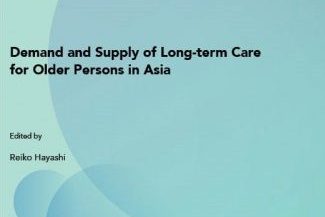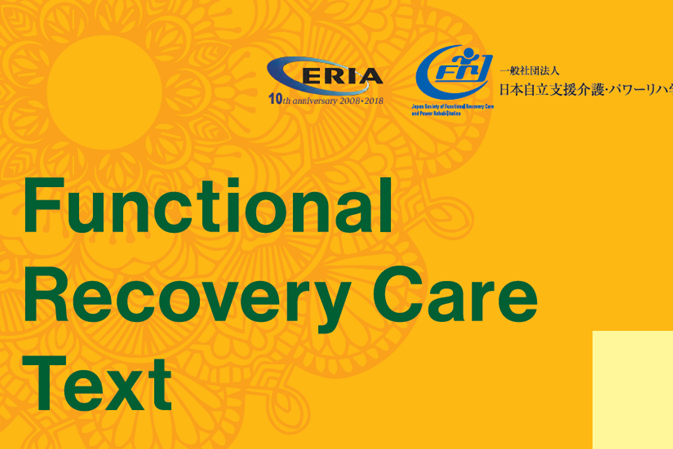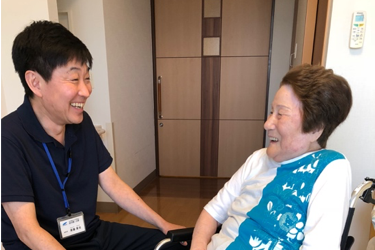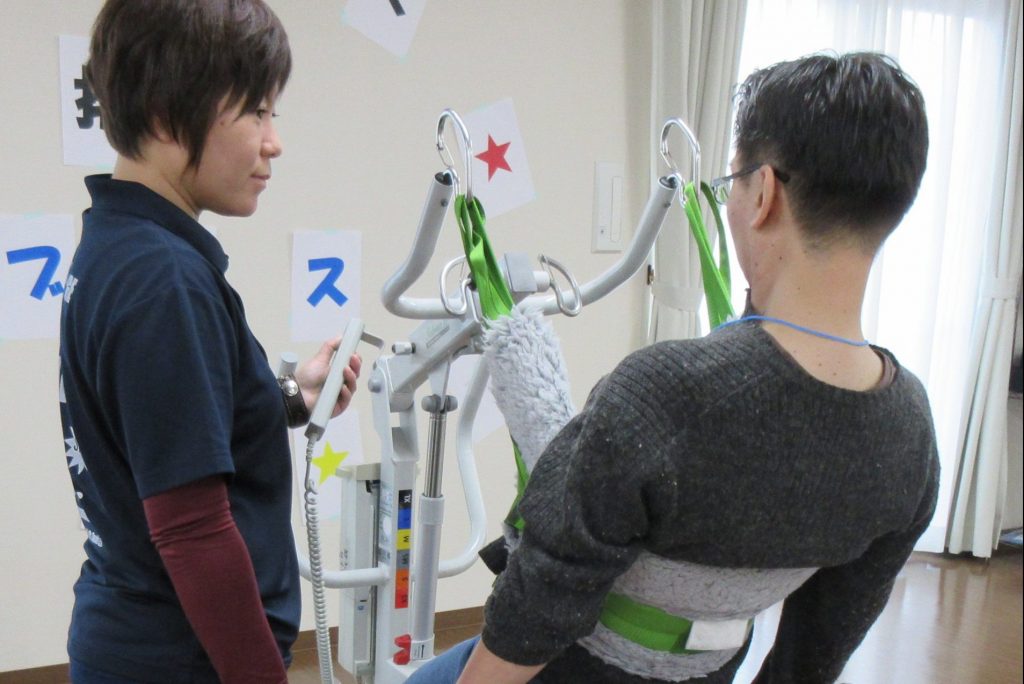Modeling the Development and Circulation of the Long-Term Care Workforce

Researchers are examining the international harmonization of national qualification frameworks for long-term care workers, focusing on Japan, the Philippines, and Indonesia. Although Japan welcomes care workers from abroad, it remains unclear how best to identify their level within the Japanese qualification framework. Care workers in origin countries are also often confused about their professional rank in the receiving country. This project will clarify how the origin country estimates the competency of migrating workers using its national qualification framework, how Japan estimates the competency of invited workers, and how the origin country estimates the competency of care workers returning from Japan.
Demand and Supply of Long-Term Care For Older Persons in Asia

A report, edited by Dr. Reiko Hayashi, based on an AHWIN-supported research project on the current status of the long-term care workforce in East and Southeast Asia and the status of long-term care facilities.
Towards Population Ageing in Africa–Current Approach to Elderly Care, and Lessons to be Shared Across Continents, An Official TICAD7 Side Event
1-e1594925327750.jpg)
Although the relative number of elderly people in Africa is still low compared to other continents, that number is expected to triple in the next 30 years. Population aging is a positive outcome for healthcare systems, but it also presents a variety of new challenges. Held on the sidelines of the 7th Tokyo International Conference of African Development (TICAD7), this event brought together influential policymakers, NGO representatives, and academicians for a dialogue on the challenges of aging populations in Africa.
New Resource Available—ERIA Offers Teaching Materials for Functional Recovery Care

The Economic Research Institute for ASEAN and East Asia (ERIA), in cooperation with the Japan Society of Functional Recovery Care and Power Rehabilitation, has created teaching materials on “Functional Recovery Care.”
Accelerating Responses to Challenges through Innovation—A Multistakeholder Approach to Healthy and Active Aging

A report is available for the AHWIN side event held during the UNESCAP/UNFPA Midterm Review of the Asian and Pacific Ministerial Declaration on Population and Development. This event featured presentations on innovations and community-based approaches from Japan and Thailand.
Update on AHWIN-Supported Research Projects

Information on two research projects recently added to the AHWIN site; “Outcomes of Long-Term Care Insurance Services in Japan: Evidence from National Long-Term Care Insurance Claim Data,” and “Preparation for an Aging Society in Thailand”
Health and Long-Term Care Information in Ageing Asia

Building on an earlier study on “The Demand and Supply of Long-Term Care for Older Persons in Asia,” this project will survey sources of information on health and long-term care, including censuses, vital statistics, household surveys, and statistics based on administrative records. The findings will be used to clarify health needs and the state of long-term care in the region.
An Eldercare Facility that Helps Seniors Resume Independent Living

With the aging of Japanese society, the number of seniors who require constant caregiving has grown, as has the number of publicly operated long-term care facilities. One such facility is helping seniors lead an independent life by providing a variety of support services that allows the elderly to age in place.
Improving the Health of Caregivers and Seniors by Promoting Safer Transfer Techniques

In order to relieve physical stress on caregivers, the No Lifting Association (NLA) has worked with Professor Hajime Asama to develop and popularize a system of “no-lift care,” which allows caregivers to care for the elderly without relying solely on the caregiver’s physical strength.
Innovative ICT Device Helps Seniors Control Bladder Function

As people grow older, they experience many changes both mentally and physically, including bladder control issues. To address health problems associated with incontinence, a company called Triple W Japan K.K. has developed DFree, a wearable device that anticipates when the user will need to use the toilet.

